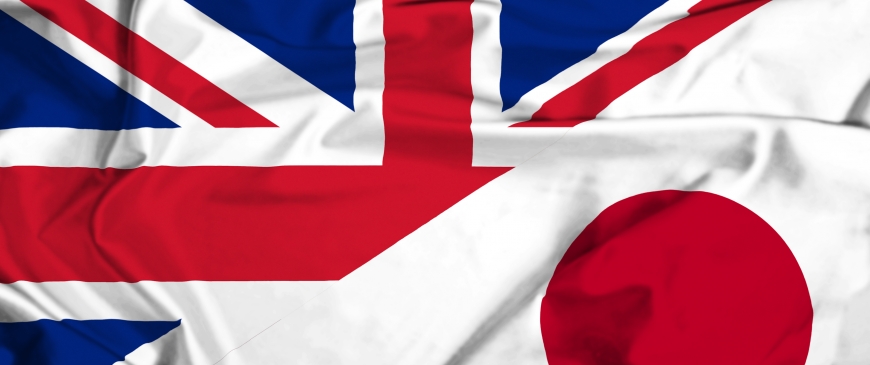
UK talks up Japan trade as Brexit looms
Sam Lowe, a senior research fellow at the Centre for European Reform (CER) think-tank and a committee member of the UK Trade Forum, tells GTR that of the government’s target markets there are good reasons to prioritise Japan.
“The US is going to be really tough, while Australia and New Zealand are nice to have but not hugely economically significant,” he says.
“Japan does matter from an economic point of view and has broader significance, while is actually doable and not as controversial as the US. It’s unlikely to hit any snags politically or throw up many problems.”
One example of that broader significance is protecting Japanese investment in the UK. As Japan is one of the largest investors in the UK after the EU and US, Lowe believes “mending the relationship should be prioritised explicitly”. A by-product of agreeing an FTA could be that investment becomes more attractive.
...A free trade agreement between the UK and Japan would likely mirror the existing EU agreement in most respects, CER’s Lowe believes, but with some “minor tweaks”.
“The main reason Japan wants to renegotiate and is unwilling to roll over the EU FTA is because of agriculture,” he says.
“There is an issue there whereby the Japanese have offered up quite a lot of market access over the last few years because of the CPTPP, the trade agreement with the EU, and the agreement with the US.”
...“I could imagine that the Japanese ask for that tariff reduction to happen in the UK more quickly,” Lowe says, meaning British companies are left to decide whether it is more cost-effective to import fully assembled cars or just parts. “The answer is we don’t know yet. Though transfer costs have come down, they do still add up.”
...For CER’s Lowe, negotiating an FTA by the end of the year is possible. A larger concern would be its immediate implementation from January 1 next year.
“Going from the status quo to this new free trade agreement overnight would be quite disruptive,” he says. “It would look and feel quite a lot like having left with no deal at all, in that all of a sudden businesses will have new regulatory barriers to trade, there’ll be new customs procedures, there’ll be issues around authorisation and lorries backing up at the border.”
Though there is historical precedent for gradually phasing out barriers to trade – such as the seven-year phasing out of car import tariffs in the EU-Japan FTA – Brexit presents a different proposition.
“What we’re talking about here is phasing in barriers to trade, which is slightly more complicated,” Lowe says. “Every time you phase in a barrier you make it a little bit worse for someone, so there is then the question whether you want to drag this out forever or just do it all at once.”
